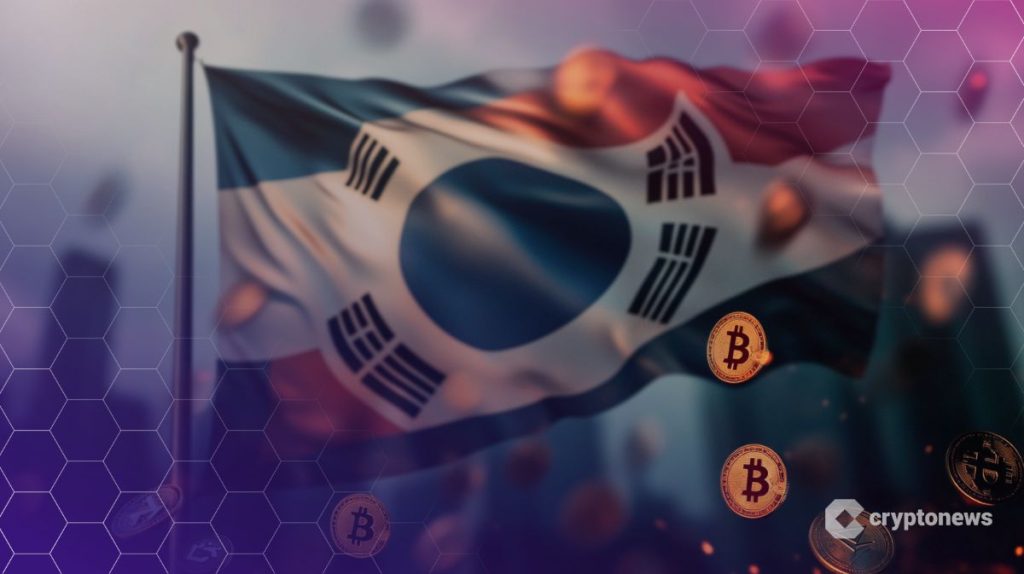South Korea’s Financial Services Commission (FSC) chief nominee Lee Eok-won is facing criticism from the crypto community following his assertion that cryptocurrencies are worthless.
In written responses submitted ahead of his confirmation hearing, Lee stated that cryptocurrencies lack intrinsic value, unlike traditional financial products such as deposits and equities.
Lee argued that cryptocurrency volatility prevents them from fulfilling essential functions of a currency, including serving as a store of value or a medium of exchange.
This position aligns with the South Korean government’s stance that virtual assets lack intrinsic value and cannot be classified as a currency or a financial product.
Lee also expressed reservations about pension and retirement funds investing in crypto assets, citing concerns about market volatility and speculation.
Regarding the approval of a spot Bitcoin ETF, Lee acknowledged the varying expectations and concerns about its impact, stating that Korean authorities will consider global regulatory trends before determining implementation methods and schedules in consultation with the National Assembly.
However, Lee indicated support for stablecoin regulation, promising “sufficient supplementary measures while creating opportunities for innovation.”
Under President Lee Jae-myung’s endorsement, South Korea is developing regulations for local-currency-pegged stablecoins.
The virtual asset industry, however, has criticized Lee’s stance as outdated.
Similar “no intrinsic value” arguments were common among figures like Bank of England Governor Andrew Bailey and JPMorgan CEO Jamie Dimon from 2017 to 2021, but are now considered inappropriate given the increased adoption of cryptocurrencies.
An executive at Xangle, a blockchain data service provider, specifically criticized Lee Eok-won’s statement as one born out of “ignorance and a lack of understanding”.
The executive noted that crypto critics often hold traditional stocks, such as Apple, while questioning the intrinsic value of crypto.
He compared the traditional payment infrastructure of PayPal to the blockchain platform Hyperliquid, pointing out that Hyperliquid conducted $1.5 billion in token buybacks this year from revenue generated, similar to stock buybacks by PayPal and Apple.
He added that in just the past month, major projects like Tron generated $430 million, Ethena $68 million, and Pump.fun $42 million, and Ethereum $15 million, which are a testament to the value they create.
Story Continues
